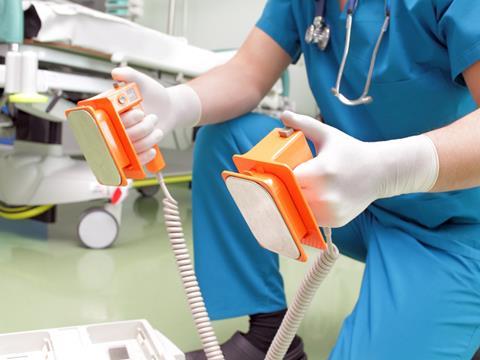
On the 15th of September, with little fanfare or explanation, the European Plastic Pact announced that it would cease operating. In this article, Emma Samson, marketing communications manager at Searious Business, asks: if the Plastic Pact covering the largest and arguably the most-circular economic region in the world cannot succeed in its objectives, is there any hope for other voluntary actions?
Back in 2020, the European Plastic Pact was created to bring together frontrunner companies and governments to accelerate the transition towards a European circular plastics economy. A beacon of hope, it was the first Pact to encompass a large economic region. It was supposed to build cross-border connections, harmonisation, and cooperation between European countries and private organisations at the forefront of innovation.
If Plastic Pacts are to succeed in utilising the skills of their members productively, their role is to manage, organise active working groups, facilitate trials and disseminate information. Lessons could be learned from commitments still alive and kicking, like WRAP in the UK and The Ellen Macarthur Foundation’s Global Commitment, which have given strong oversight, providing transparency and informing policy.
Unfortunately, voluntary commitments have often proved unsuccessful. If we look at the fashion, pharmaceutical and food industries, history has shown that voluntary CSR is ineffectual at solving social and environmental challenges without legal sanction. But this doesn’t mean they are without merit.
Industry-led targets and standards are essential in the absence of effective legislation or when legislation is on the horizon, and it is in industry’s interest to take early action. They are particularly suited when a problem is recognised, but the specific technical solutions are not yet understood.
Better relationships between government and business can be formed, enabling quicker and more cost-effective improvements than waiting for traditional ‘command and control’ regulation. Norms and standards are set across an industry, and a platform is provided for collaboration and knowledge sharing.
Who better to innovate the technological solutions and capacity needed to change systems than the players operating within them? On the other hand, many voluntary agreements and targets have been criticised because of their weak standards, ineffective enforcement, lack of transparency and lack of compulsory application. Businesses cannot be relied on to push the envelope beyond what is comfortable for their shareholders and bottom line.
The sudden folding of the European Plastic Pact shows that voluntary pacts must not be relied on as the primary solution to catastrophic problems like the plastic pollution crisis. Empty promises can be a dangerous distraction. Pacts should only act as soft regulation, with time-limited targets backed by threats of enforcement in case of non-compliance. Voluntary inaction must be followed by regulatory action.
A report released in the Netherlands yesterday by the Scientific Council for Government Policy called for an overhaul of the government’s general policy towards business. Demanding stricter requirements, fewer subsidies and less pampering to the whims of corporate giants, environmental policy mustn’t be prejudiced by those big enough to buy a seat at the table.
One recent criticism of the European Plastic Pact was its decision to charge its smaller members a contribution fee. This meant that SMEs with smaller budgets were excluded, and membership dwindled when it seemed there was little added value to joining.
Like all voluntary initiatives, Plastic Pacts rely on active participation from their members. However, without a sound organisational structure, a strong agenda and communication, all you have is a list of unengaged companies, members in name only.
In the face of a triple planetary crisis and upcoming legislation unlikely to be prescriptive in practical methods, there is a supreme urgency for industry and government to work together and develop solutions for the common good. The European Plastics Pact has stated that when the Treaty is mandated, they may regroup and see how they can help with implementation. We’ll be standing by with the defibrillator!
If you liked this article, you might also enjoy:
The Lidl approach to packaging sustainability
How did Brazil achieve its 100% aluminium can recycling rate – and can it be replicated in the EU?
Experts have their say on the EU’s Packaging and Packaging Waste Directive revisions
A deep dive into the most important packaging sustainability trends and solutions














No comments yet